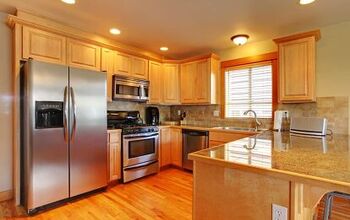Why My Refrigerator Is Freezing My Food

No home is complete without a refrigerator. While modern refrigerators are impressive, they are not infallible and are prone to many problems. We all want our refrigerators to be cold, but not cold enough to freeze the food. Many homeowners have asked themselves the question: why is my refrigerator freezing my food?
Your refrigerator is likely freezing your food because the condenser coils are dirty or clogged. This can also happen if you put too much food in your refrigerator at a time because that will block the airflow. Increase the temperature on your refrigerator’s thermostat or inspect the part and replace it if it is damaged or 10 years old.
Never put food in the back of your refrigerator against the wall or it will likely freeze. Clean your condenser coils a few times per year so that they don’t get clogged. Follow along as we explore why your refrigerator is freezing your food.
Why Does My Fridge Freeze My Food?
Everything from dirty condenser coils to a faulty thermostat can explain why your refrigerator is freezing food. It’s important to check several components to diagnose what is wrong with your refrigerator. Let’s take a look at the most common reasons why your refrigerator is freezing food.
Dirty Condenser Coils
Condenser coils are critical to maintaining the perfect temperature in your refrigerator. They cool the refrigerant which is essential to your refrigerator’s performance. Condenser coils become dirty over time, and they can even become clogged.
Your refrigerator will use more energy when this happens and the interior can become much colder. This can explain why your refrigerator is freezing your food. Luckily, you can fix this problem if you clean your dirty condenser coils with a vacuum and brush.
It costs $100 to professionally repair your condenser coils. You can avoid condenser coil problems if you brush them 1-2 times per year so that they don’t become clogged.
Broken Damper
Refrigerator-freezer combos feature a component known as a damper. A broken damper can make your refrigerator get too cold and cause your food to freeze. Dampers are necessary to control the air that moves from your freezer into the refrigerator.
Broken dampers let too much cold air from the freezer into the refrigerator. In many cases, you will notice ice and frost in your fridge if the damper is broken. The influx of very cold air can quickly freeze your food no matter where it is in the refrigerator.
Refrigerator dampers often cost under $30, but costs vary based on the model and availability. It costs roughly $100-$130 to replace a damper if you hire a professional.
Faulty Thermostat
The thermostat in your refrigerator is ultimately responsible for the temperature. Unfortunately, thermostats don’t always last for the lifespan of the fridge. Refrigerator thermostats typically last for 10 years, but they can go bad before then.
A bad thermostat can make your refrigerator too cold or even hot. This will cause your food to freeze (or spoil if it’s too hot). In some cases, you can repair the thermostat, but you typically need to replace it. It costs between $120 and $400 to repair or replace a thermostat depending on the model and how available the part is.
Temperature Is Set Too Low
Check the temperature setting on your refrigerator’s thermostat if your food keeps freezing. It’s easy to accidentally change the setting without realizing it. In some cases, homeowners turn the temperature down hoping to keep food fresher for longer.
However, this is not a great option and it can cause your food to freeze. The ideal refrigerator temperature is 38-40 degrees Fahrenheit. This is cold enough to preserve your food but not so cold that it will freeze.
Homeowners sometimes mistakenly think that a refrigerator will only freeze food if the temperature is set to 32 degrees. The food in your refrigerator can freeze even if the temperature is set to 35-38 degrees.
Your Food Is In The Back
One of the most common reasons why your refrigerator freezes food is that your food is in the back. The back of a refrigerator is much colder than the front. You can accidentally freeze your food if you push it to the back of your refrigerator.
This is especially true if your thermostat is set too low. Ideally, you should leave a few inches of space between your food and the back of the refrigerator if possible. This will stop your food from freezing and will help improve the airflow throughout the unit.
How Do I Stop My Fridge From Freezing?
The best way to stop your refrigerator from freezing is to manage the layout. A refrigerator that is packed with lots of food and beverages can experience airflow issues. Even putting too many items in the drawers in your refrigerator can cause the food to freeze.
The motor in your refrigerator can even fail if you over stuff it. Refrigerator motors have to work much harder when there is too much food, and this can cause the component to fail. Ideally, you should only keep your refrigerator 2/3 full at a time to maintain healthy airflow.
Summing It Up
The most common reasons for your refrigerator freezing food are that the thermostat is faulty or the condenser coils are dirty. Refrigerator thermostats only have a shelf life of 10 years, but they can wear out before then. Increase the thermostat temperature if your food is frozen or replace the part if it is faulty or broken.
Avoid putting too much food in your refrigerator at a time as it can freeze if the unit is over 2/3 full. Don’t put food in the back of the fridge or else it is likely to freeze. Keep up to 5” of space between your food and the back of the refrigerator so it doesn’t freeze.
Related Guides

Nick Durante is a professional writer with a primary focus on home improvement. When he is not writing about home improvement or taking on projects around the house, he likes to read and create art. He is always looking towards the newest trends in home improvement.
More by Nick Durante



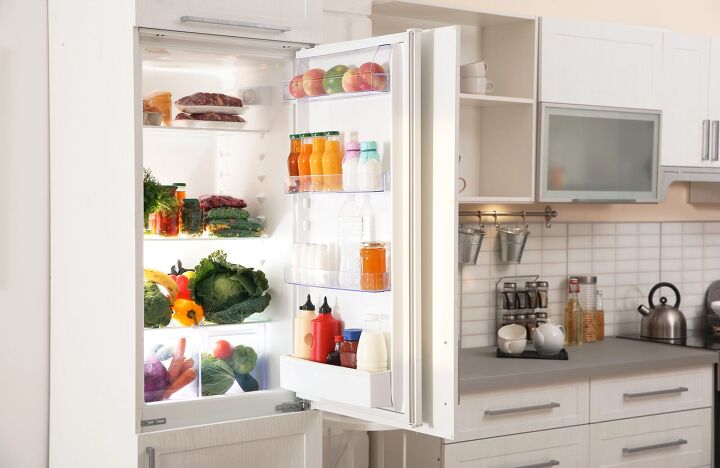
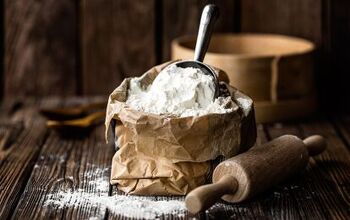






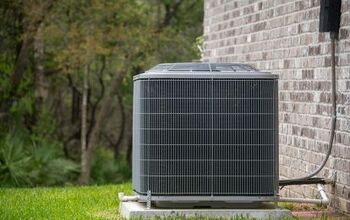
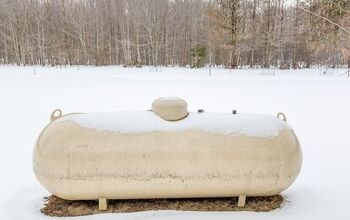

![How Much Weight Can a 4×4 Support Horizontally? [It Depends!]](https://cdn-fastly.upgradedhome.com/media/2023/07/31/9070333/how-much-weight-can-a-44-support-horizontally-it-depends.jpg?size=350x220)
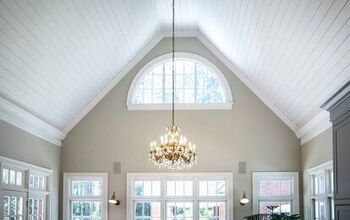
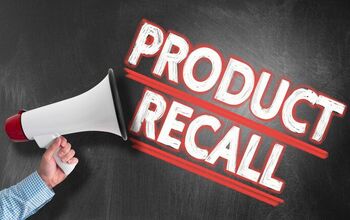
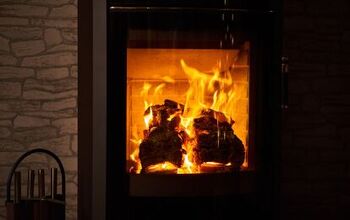
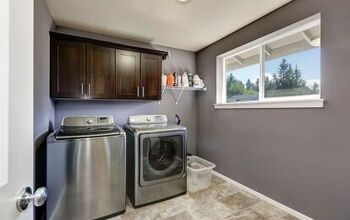

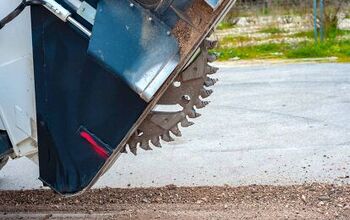
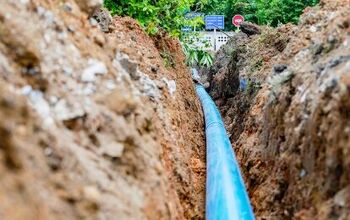
![How To Reset A Whirlpool Cabrio Washer [In 5 Easy Steps!]](https://cdn-fastly.upgradedhome.com/media/2023/07/31/9076531/how-to-reset-a-whirlpool-cabrio-washer-in-5-easy-steps.jpg?size=350x220)
